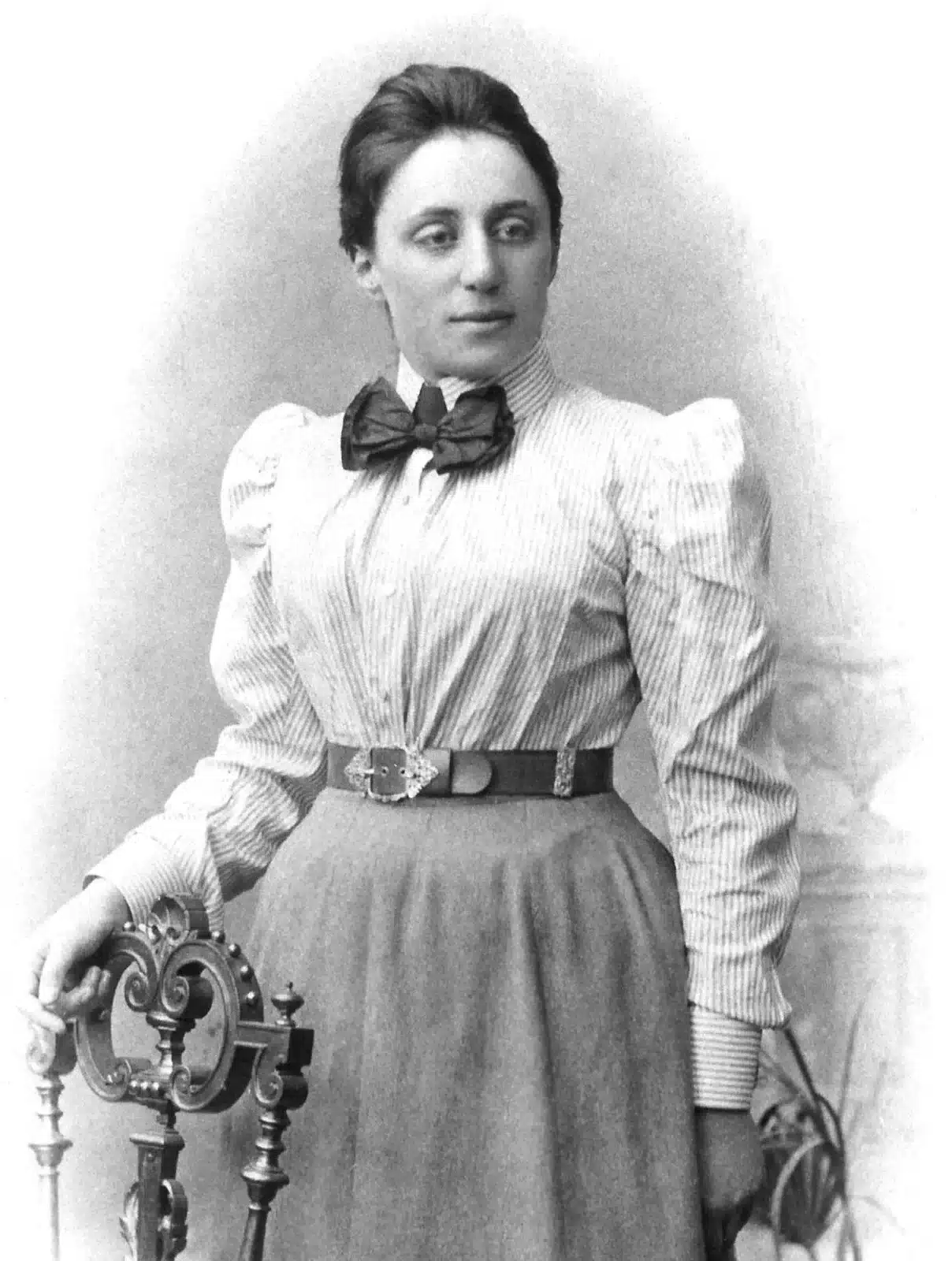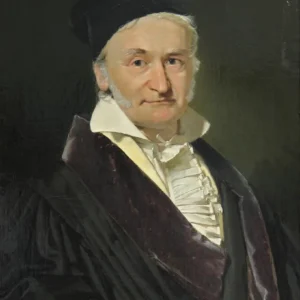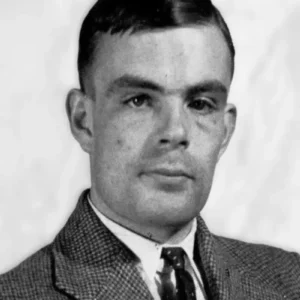Emmy Noether, born Amalie Emmy Noether on March 23, 1882, in Erlangen, Bavaria, Germany, was a pioneering mathematician whose work laid the foundation for modern abstract algebra and theoretical physics. Despite facing significant obstacles due to her gender, Noether’s contributions have had a lasting impact on mathematics and science. This article explores her life, achievements, and enduring legacy.
Early Life and Education
Birth and Background
Emmy Noether was born into a Jewish family; her father, Max Noether, was a well-known mathematician, and her mother, Ida Kauffman, supported her academic pursuits. From a young age, Emmy exhibited a keen interest in mathematics, although societal norms at the time discouraged women from pursuing careers in the field.
Education in Erlangen
Noether initially planned to teach French and English but decided to study mathematics at the University of Erlangen, where her father lectured. Despite the challenges faced by women in academia, she excelled in her studies and earned her doctorate in 1907 with a dissertation on algebraic invariants.
Contributions to Mathematics
Abstract Algebra
Noether’s most significant contributions were in the field of abstract algebra. She developed theories of rings, fields, and algebras, which became fundamental to the discipline. Her work on ideals and Noetherian rings laid the groundwork for modern algebraic structures.
Noether’s Theorem
One of Noether’s most famous achievements is Noether’s Theorem, which establishes a connection between symmetries in physical systems and conservation laws. This theorem has had a profound impact on theoretical physics and is considered one of the most important mathematical results in the development of physical laws.
Influence on Modern Algebra
Noether’s work was instrumental in the development of modern algebra. Her ideas were foundational for the second volume of B.L. van der Waerden’s influential textbook, “Moderne Algebra,” which helped disseminate her concepts to a broader audience.
Challenges and Achievements
Overcoming Gender Barriers
Despite her brilliance, Noether faced significant gender-based discrimination throughout her career. She worked without pay at the Mathematical Institute of Erlangen for seven years and was initially denied a formal position at the University of Göttingen due to her gender. However, with the support of prominent mathematicians like David Hilbert and Felix Klein, she eventually secured a position at Göttingen.
Recognition and Legacy
Noether’s contributions were widely recognized during her lifetime. She was invited to deliver a plenary address at the 1932 International Congress of Mathematicians in Zurich, where her algebraic acumen was celebrated globally. Her students, sometimes referred to as the “Noether Boys,” continued her legacy and made significant contributions to mathematics.
Later Years and Legacy
Move to the United States
In 1933, with the rise of the Nazi regime in Germany, Noether was dismissed from her position due to her Jewish heritage. She moved to the United States and took up a position at Bryn Mawr College in Pennsylvania, where she continued to teach and inspire students until her death on April 14, 1935.
Enduring Impact
Noether’s work continues to influence mathematics and physics to this day. Her contributions to abstract algebra and theoretical physics have paved the way for future generations of mathematicians and scientists. The Emmy Noether Mathematics Institute at the University of Siegen and the Emmy Noether Fellowship Program are just a few examples of how her legacy is honored and preserved.
Conclusion
Emmy Noether’s remarkable achievements and perseverance in the face of adversity have earned her the title of “The Mother of Abstract Algebra.” Her groundbreaking work in mathematics and theoretical physics has left an indelible mark on the scientific community. As we celebrate her contributions, we are reminded of the importance of perseverance, dedication, and the pursuit of knowledge.



